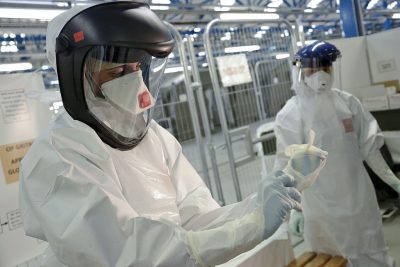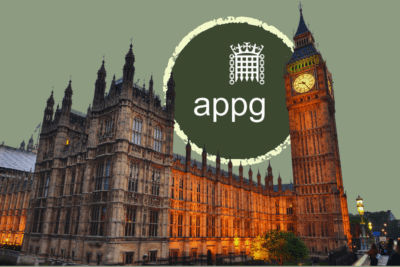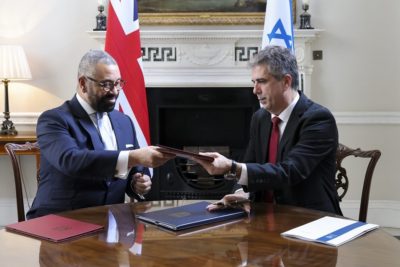Covid-19 and the UK Military

Given the emerging crisis and its implications for public services which are already severely strained after ten years of austerity, it seemed very likely from the outset that if the Covid-19 pandemic reached Britain it would require state intervention, including by the military. ForcesWatch is monitoring the military’s activities during the pandemic. These activities will come under a number of military ‘operations’, which are worth explaining for the sake of clarity.
Operation Rescript
Rescript is the operational name for domestic military anti-Covid operations which include the placing on standby of thousands of troops, the use of military personnel to deliver oxygen and other equipment, and the embedding of forces medics in the UK health system.
Operation Broadshare
Broadshare is the operational name for international military anti-Covid operations such as the rescue of UK nationals and relief operations outside the UK.
Military Aid to Civil Authority (MACA)
This is the broad term for military resources being reallocated by the state to support civilian aims. We have seen this carried out as part of the state responses to flooding, the fire strikes and, now, the pandemic. If you can get past the Ministry of Defence gloss, the department’s Medium blogging page contains useful breakdowns of what different parts of the military (air support, logistics, medical) might end up doing to support the state response.
The military’s Covid response so far
Military involvement was confirmed several weeks ago with announcements from around 13 March that 38 UK military planners from the army’s Royal Logistic Corps would embed in regional contingency planning groups. At the time, a spokesman for Prime Minister Boris Johnson said they would “be helping local areas draw up their plans as to how they support public services and emergency services throughout the outbreak.”
A few days later there were suggestions that the military would set up field hospitals, though this seems to have been dropped with a day in favour of plans to embed defence medical personnel in NHS facilities. It is worth noting here that many defence medical staff already double-hat in roles with the NHS.
Since then the press has reported that tens of thousand of troops (Reserve and Regular) have been put on standby for various roles, that exercises and operational commitments have been abandoned to bring troops back to the UK and that the Regular Reserve List (retired soldiers with a ‘reserve liability’) are to be told to be ready for remobilisation.
The military says that round 150 soldiers are driving NHS oxygen tankers and others have been pictured delivering key medical supplies. As of the 24 March, it was reported that the ExCel centre in London – home every two years to the Defence and Security Equipment International (DSEI) arms fair – would be converted with military help into a field hospital with a capacity of up to 4000 beds.
What has been suggested so far more closely resembles the kind of military activity we have seen during the fire strikes and the recent flooding than it does any kind of policing-type role such as enforcing curfews or carrying out public order duties.
There is still scope for more serious, population-disciplining roles within the Military Aid for Civil Authority legislations and ForcesWatch will continue to monitor how the military functions as part of the response to Covid-19.
See more: military in society, Covid-19
Like what you read?
> Sign up for our newsletter or blog notifications
> Support our work – from just £2 a month










